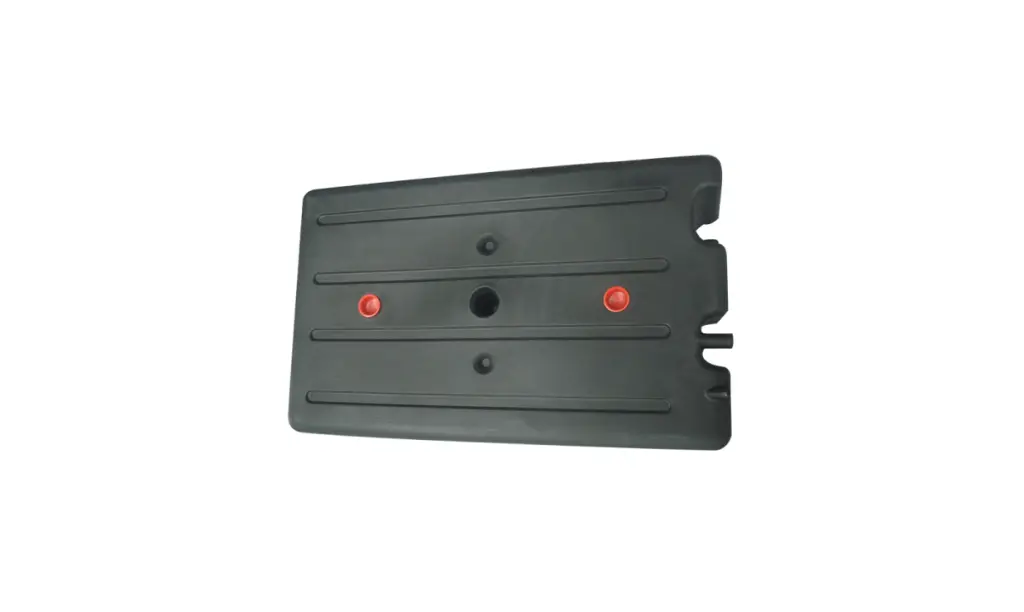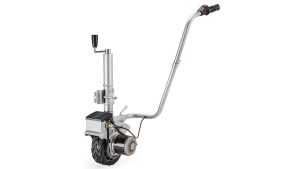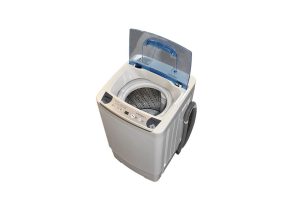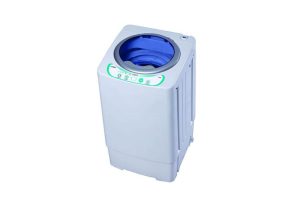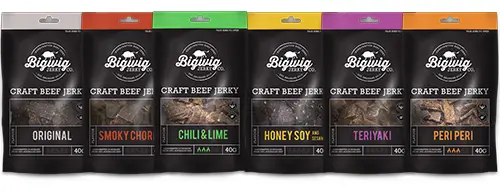Understanding the composition of a caravan water tank is essential for any caravan owner. The material used in constructing these tanks plays a crucial role in their durability, safety, and overall performance. In this article, we will delve into the various materials commonly used to manufacture caravan water tanks. By exploring the advantages and disadvantages of each material, readers can make informed decisions when it comes to selecting the right water tank for their caravan.
Polyethylene
Polyethylene is one of the most prevalent materials used in manufacturing caravan water tanks. It is a versatile plastic that offers numerous benefits. Firstly, polyethylene tanks are lightweight, making them ideal for caravans, where weight restrictions are crucial. Additionally, polyethylene is highly durable and resistant to impacts, corrosion, and UV radiation. This material is also non-toxic, ensuring the water stored inside remains safe for consumption.
Fiberglass
Fiberglass water tanks are another popular choice for caravans. Fiberglass is a composite material made of glass fibers embedded in a resin matrix. These tanks are known for their excellent strength-to-weight ratio, making them durable and lightweight. Fiberglass tanks are resistant to corrosion and have a long lifespan. They are also less prone to condensation buildup compared to metal tanks. However, it is essential to note that fiberglass tanks can be more expensive than other options.
Stainless Steel
tainless steel is a durable and robust material widely used in various industries, including caravan water tank manufacturing. Stainless steel tanks offer excellent corrosion resistance and can withstand extreme temperature variations. They are also easy to clean and maintain, making them suitable for long-term use. However, stainless steel tanks can be heavier than other options, which may impact the overall weight distribution of the caravan.
Aluminum
Aluminum water tanks are a lightweight alternative to stainless steel tanks. They offer good corrosion resistance and are relatively easy to fabricate. Aluminum tanks can also handle temperature fluctuations without compromising their structural integrity. However, compared to other materials, aluminum tanks may require additional protective coatings to prevent corrosion. It is important to consider the quality of the coating and regularly inspect the tank for signs of wear and tear.
PVC
(PVC) water tanks are a cost-effective option commonly found in the market. PVC is a lightweight and durable plastic that resists chemical reactions and corrosion. These tanks are easy to install and maintain, making them a practical choice for caravan owners. However, it is worth noting that PVC tanks may not have the same level of durability as other materials. They can be susceptible to punctures or cracks if exposed to extreme temperatures or rough handling.
Composite Materials
Composite materials are gaining popularity in the caravan water tank industry due to their unique combination of properties. These tanks are typically constructed using a blend of materials such as fiberglass, carbon fiber, and resins. Composite tanks offer high strength, lightweight construction, and excellent resistance to corrosion. They are also known for their ability to withstand harsh environmental conditions. However, composite tanks may be more expensive than other options on the market, and their availability could vary depending on the manufacturer.
Considerations for Material Selection
When choosing the material for your caravan water tank, several factors should be taken into consideration. Firstly, consider the weight of the tank and how it will impact the overall weight distribution of your caravan. Caravans have weight restrictions, and selecting a lightweight material can help ensure you stay within the allowable limits. Additionally, think about the intended use and the durability required for your specific travel needs. If you frequently travel off-road or in rugged terrains, opting for a more robust material such as stainless steel or composite may be beneficial.
Conclusion
Choosing the right material for your caravan water tank is crucial for ensuring durability, safety, and long-term performance. Each material has its own set of advantages and considerations. By understanding the properties and characteristics of polyethylene, fiberglass, stainless steel, aluminum, and PVC, caravan owners can make informed decisions when investing in a water tank that meets their specific needs and requirements.

